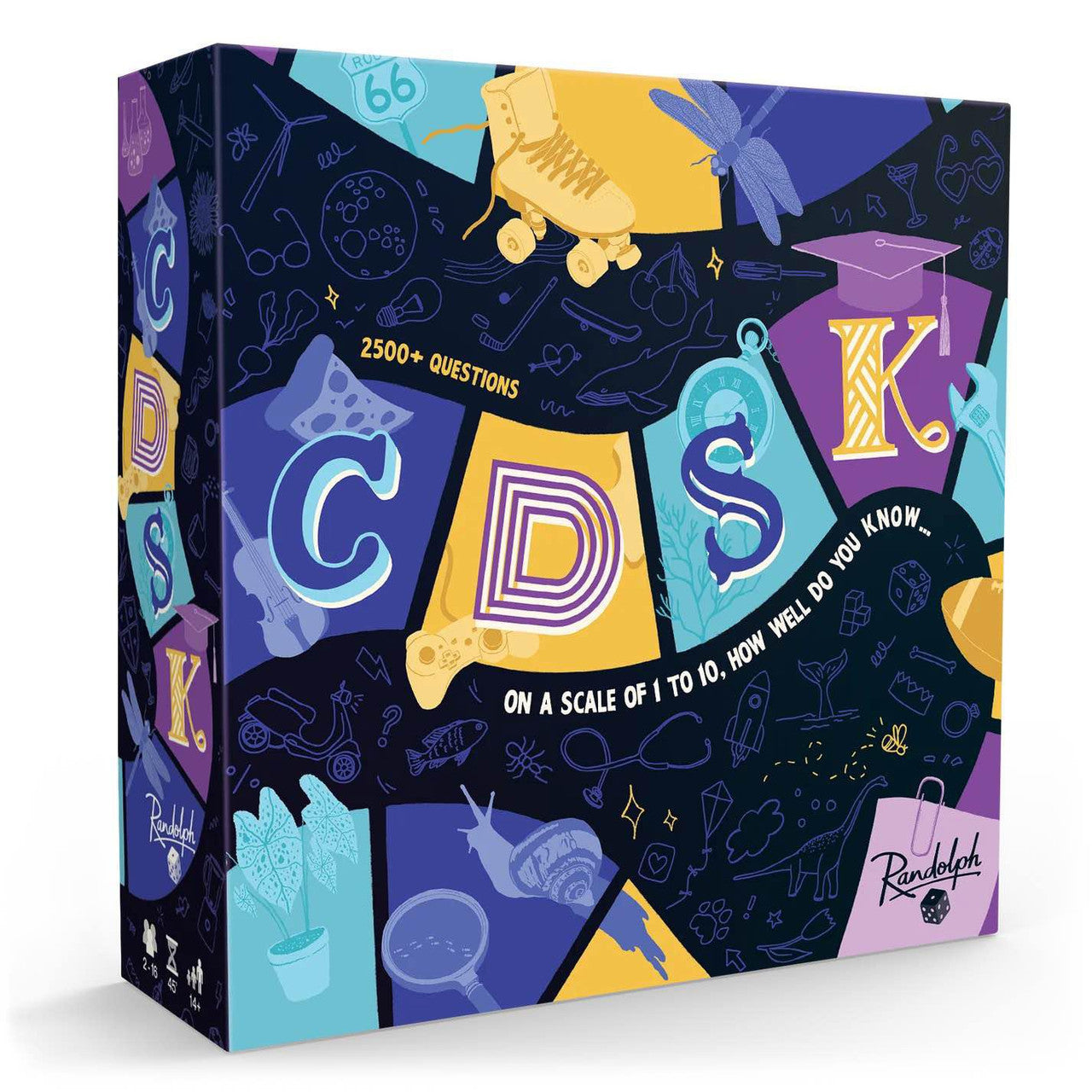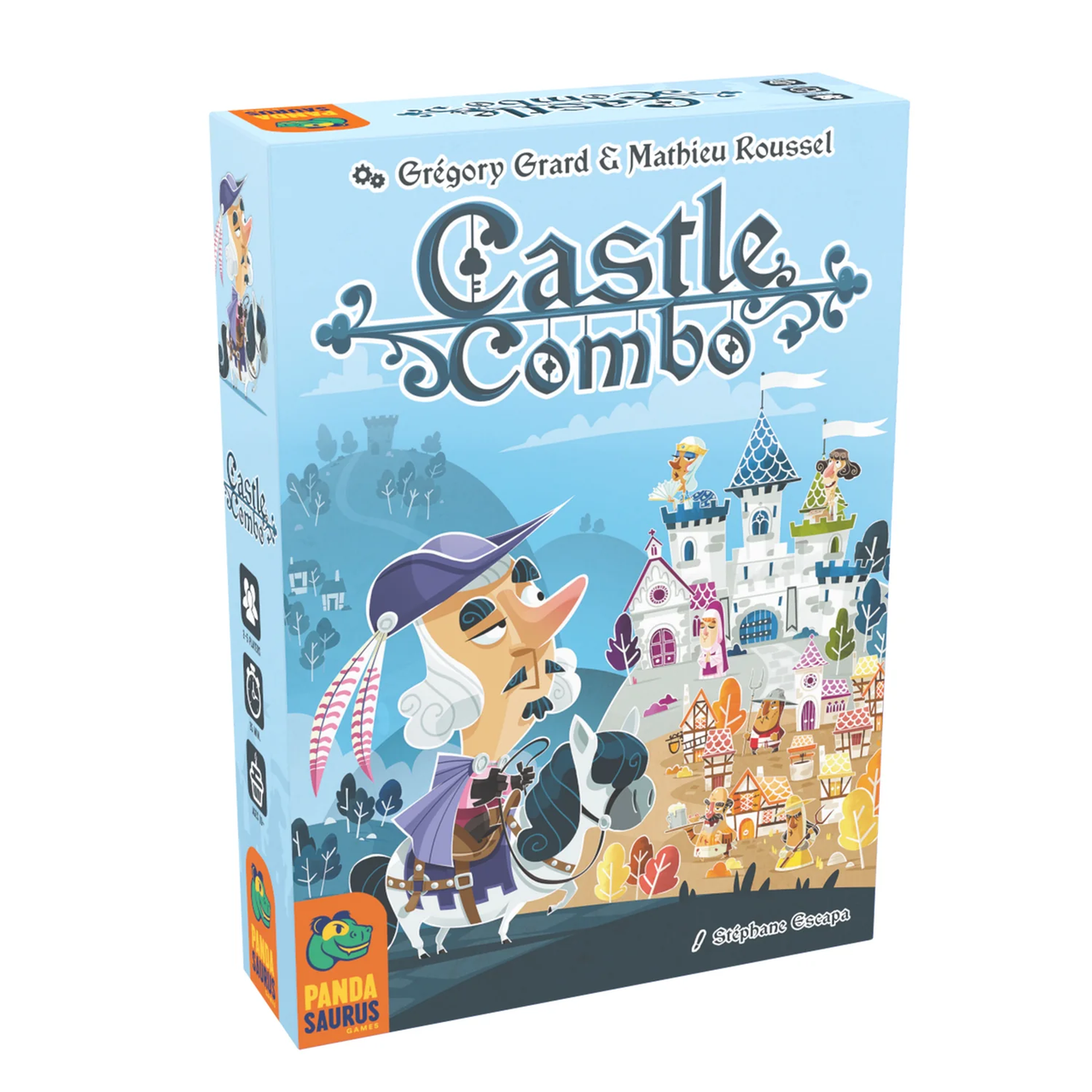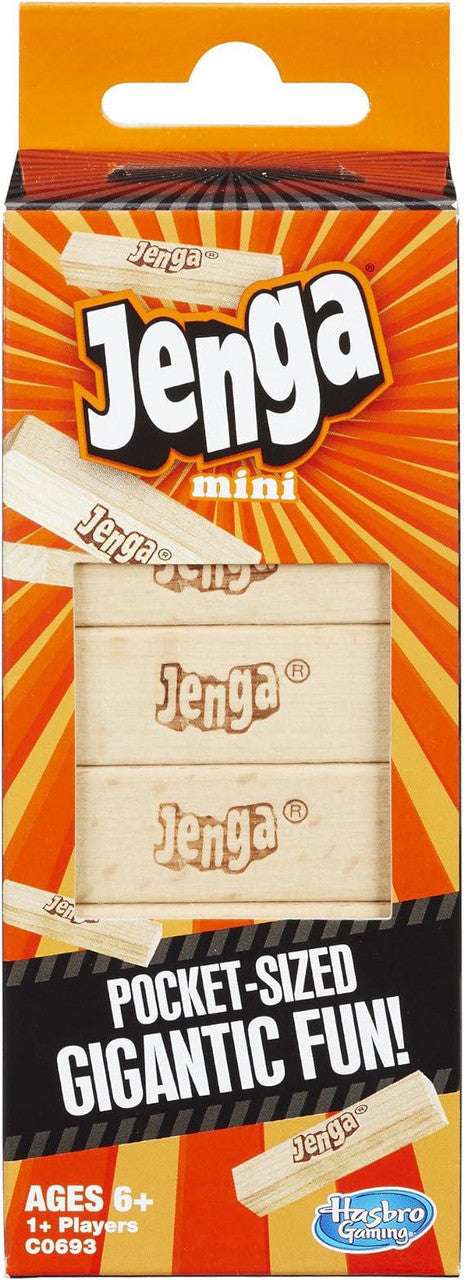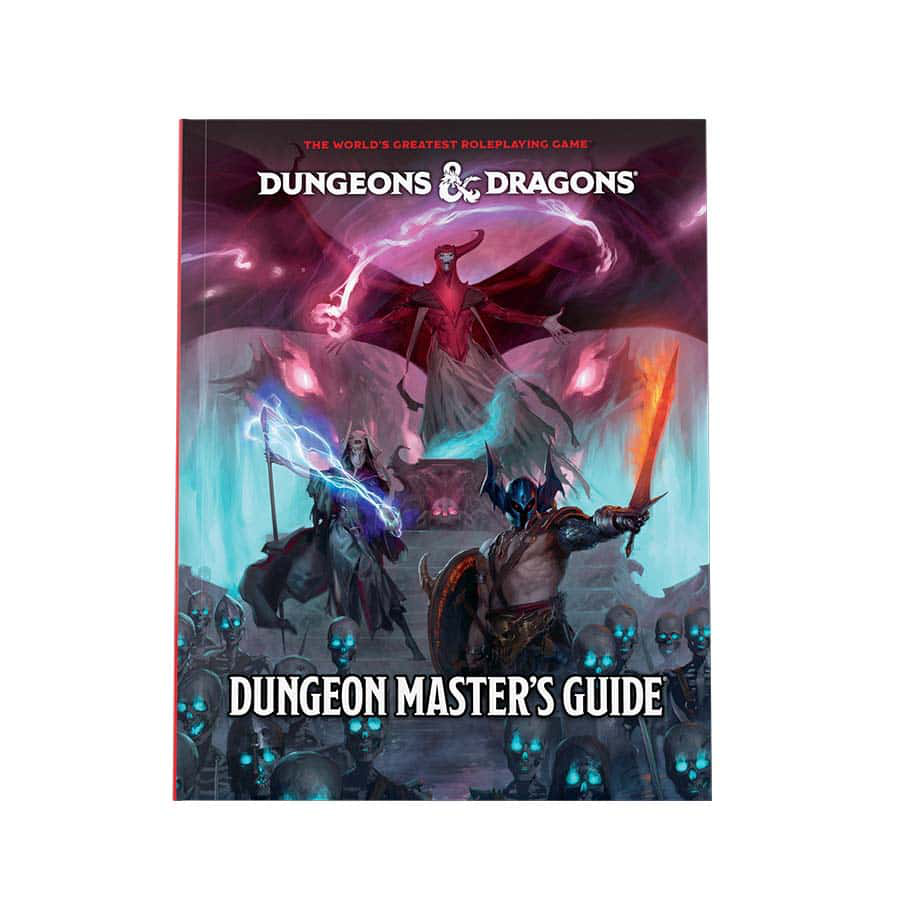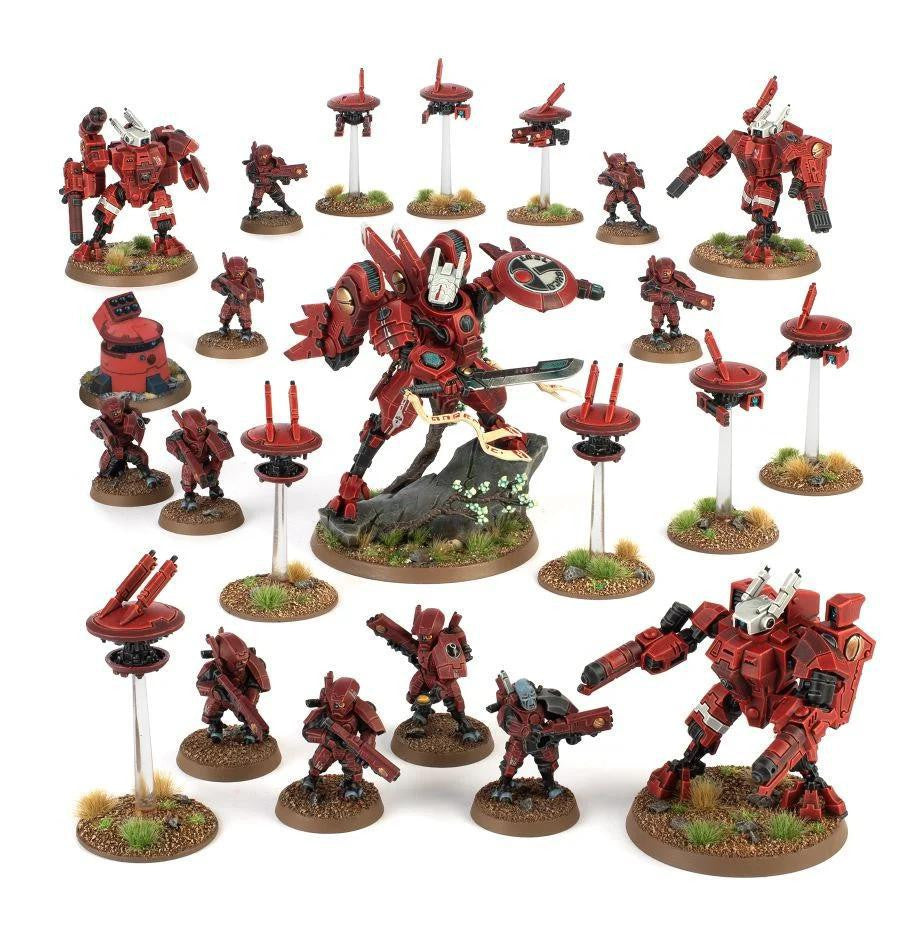Deutscher Spiele Preis (2008)
Jogo do Ano (2008)
Golden Geek Award (2008)
Golden Ace - Jury Prize (2009)
In Agricola, you're a farmer in a wooden shack with your spouse and little else. On a turn, you get to take only two actions, one for you and one for the spouse, from all the possibilities you'll find on a farm: collecting clay, wood, or stone; building fences; and so on. You might think about having kids in order to get more work accomplished, but first you need to expand your house. And what are you going to feed all the little rugrats?
The game supports many levels of complexity, mainly through the use (or non-use) of two of its main types of cards, Minor Improvements and Occupations. In the beginner's version (called the Family Variant in the U.S. release), these cards are not used at all. For advanced play, the U.S. release includes three levels of both types of cards; Basic (E-deck), Interactive (I-deck), and Complex (K-deck), and the rulebook encourages players to experiment with the various decks and mixtures thereof. Aftermarket decks such as the Z-Deck and the L-Deck also exist.
Agricola is a turn-based game. There are 14 game rounds occurring in 6 stages, with a Harvest at the end of each stage (after Rounds 4, 7, 9, 11, 13, and 14).
Each player starts with two playing tokens (farmer and spouse) and thus can take two turns, or actions, per round. There are multiple options, and while the game progresses, you'll have more and more: first thing in a round, a new action card is flipped over.
Problem: Each action can be taken by only one player each round, so it's important to do some things with high preference.
Each player also starts with a hand of 7 Occupation cards (of more than 160 total) and 7 Minor Improvement cards (of more than 140 total) that he/she may use during the game if they fit in his/her strategy. Speaking of which, there are countless strategies, some depending on your card hand. Sometimes it's a good choice to stay on course, and sometimes it is better to react to your opponents' actions...
Agricola - What's in the Box
- Game boards:
- 5 farmyards: For the players (with farmyard spaces as well as 1 example on the reverse)
- 3 game boards for the game actions (including one with an alternative reverse side for the family game, as well as two examples)
- 1 board for Major Improvements (with a summary of scoring on the reverse side)
- 360 cards: (2012 edition)
- 169 yellow “Occupation” cards (66 cards for 1**5 players; 41 cards for 3**5 players; 62 cards for 4**5 players)
- 139 orange “Minor Improvement” cards (including 7 upgrades from Major or Minor Improvements)
- 10 red “Major Improvement” cards
- 14 blue Round cards with possible actions for rounds 1 to 14
- 16 green Action cards with possible actions that depend on the number of players
- 5 grey Begging cards
- 5 Summary cards
- 2 Deck cards (1 interactive deck, 1 complex deck)
Wooden playing pieces:- 5 Family member discs, 4 Stables and 15 Fences in each of the five player colours (blue, green, red, natural and purple)
- 33 round, brown Wood counters
- 27 round, red Clay counters
- 15 round, white Reed counters
- 18 round, grey Stone counters
- 27 round, yellow Grain counters
- 18 round, orange Vegetable counters
- 21 Sheep tokens (white cubes)
- 18 Wild Boar tokens (black cubes)
- 15 Cattle tokens (brown cubes)
- 1 Starting player token
And also:- 18 brown Field tiles
- 24 Wood/Clay hut tiles (Hut tiles)
- 15 Stone house tiles (House tiles)
- 36 yellow Food markers (NW) labelled “1”
- 9 Multiplication markers (can apply to animals, goods or Food)
- 3 Claim markers with “Guest” (Gast) on the reverse
- And 1 Scoring pad







